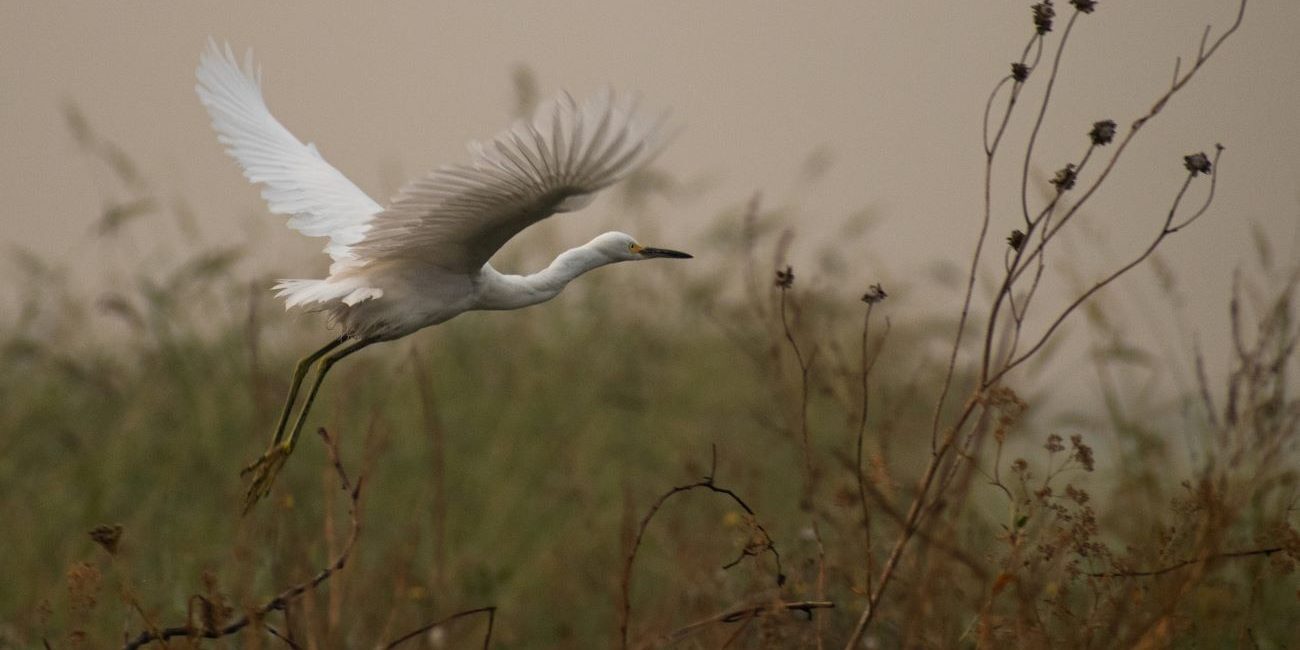When despair for the world grows in me
and I wake in the night at the least sound
in fear of what my life and my children’s lives may be,
I go and lie down where the wood drake
rests in his beauty on the water, and the great heron feeds.
I come into the peace of wild things
who do not tax their lives with forethought
of grief. I come into the presence of still water.
And I feel above me the day-blind stars
waiting with their light. For a time
I rest in the grace of the world, and am free.
by Wendell Berry
Wendell Berry – poet, farmer and environmentalist – first published this poem in 1968, many years before the term ‘eco-anxiety’ became known to the degree that it has done just in the last 6 months or so, but to me he names it exactly in this poem. The ‘despair for the world’ seems very much at the surface for an increasing amount of people – and it’s a tricky one to relate to as the problem is so very much bigger than one individual could possibly solve.
Luckily there definitely are things we can do to attend to the problems both as individuals and as a collective, but we can also go to the other side of the coin: connect with our love for the world from which the pain stems when we feel it’s being threatened. We can search out the supportive presence of nature and the ‘peace of wild things, who do not tax their lives with forethought of grief’, and let them help us to come back into the present moment. And not only does coming back into the present moment nourish us with its truth and alive reality, but it also offers potential for change.
The environmental activist and Buddhist scholar Joanna Macy writes about this in her wonderful book Active Hope: how when we come into full awareness of this moment, there’s always a possibility of things staying as they are, or they can get worse, or they can get better. She defines active hope as doing what we can to make what we hope for more likely to happen, whatever our assessment is of the likelihood of this actually happening.
And I read reassurance in Wendell’s words of the ‘day-blind stars waiting with their light’, although we may not see them now, they will be there to guide and comfort us in the darkness of the night. So we can rest ‘in the grace of the world’, free, and resource ourselves to go forth with renewed active hope…

PS. If you’d like to explore with others how we could respond to or even be resourced by any despair for the world you may feel, you would be very welcome to join Fay Adams and myself at the weekend course on Engaged Mindfulness in Samye Ling, where we will explore Joanna Macy’s method in the context of our mindfulness and compassion practice.
Photo by Elisa Stone on Unsplash


